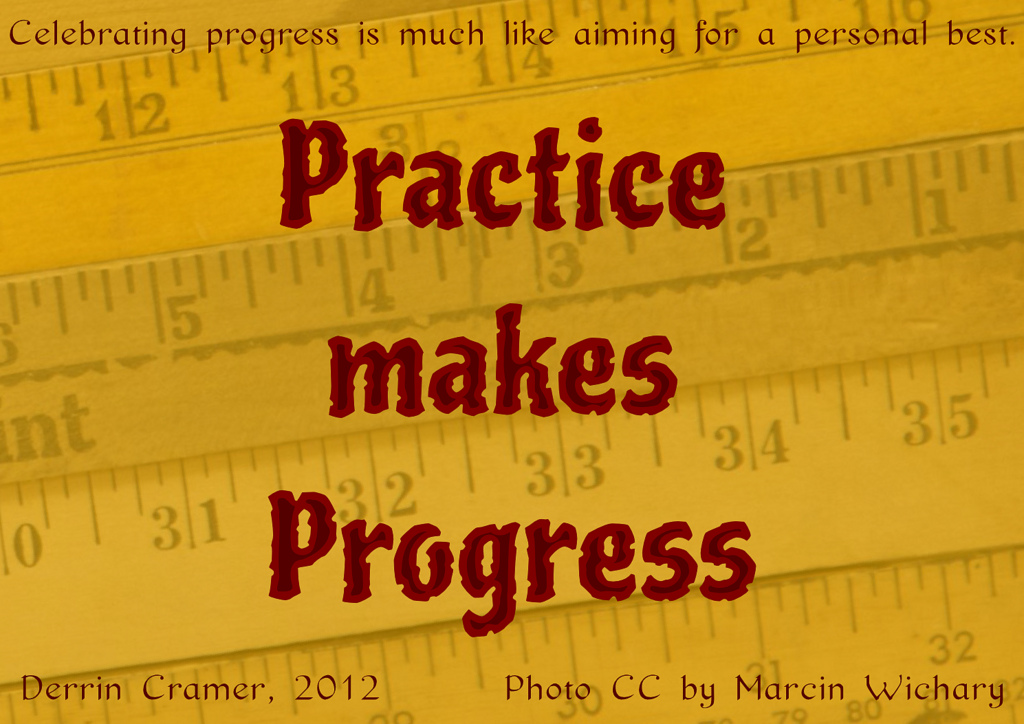We all want perfection, right?
But is it realistic to aim for perfection? Is it even desirable?
Setting high goals does help us strive toward excellence, and it honors God when we do our best with the talents and resources we have been given. Even using perfection as a measuring stick in order to improve is admirable, as long as we understand we will never reach that goal, at least not in this lifetime. However, having a compulsive focus on perfection can cause worry and discouragement that can actually impede our progress.
Perfectionism is characterized by a person’s striving for flawlessness. Were perfection a healthy goal, it would make sense that being a perfectionist would be a good thing. Generally, however, people who are perfectionists also tend to be:
- Overly critical of themselves, with extremely tough standards.
- Hard on other people, by holding them to the same high standards.
- Overly defensive, such that they tend to take things very personally.
- Obsessed with work, with a driving desire to achieve, no matter the consequences.
- Prone toward feeling depressed or guilty when they do not reach their goals.
 You may have heard the quote, “Practice makes perfect.” No one knows exactly who first made that statement and, frankly, practice does not make perfect. But, with practice, we can make progress if we focus on an ongoing journey to improve rather than become seduced by a blind pursuit of perfection as measured in the eyes of others.
You may have heard the quote, “Practice makes perfect.” No one knows exactly who first made that statement and, frankly, practice does not make perfect. But, with practice, we can make progress if we focus on an ongoing journey to improve rather than become seduced by a blind pursuit of perfection as measured in the eyes of others.
“I am careful not to confuse excellence with perfection. Excellence I can reach for; perfection is God’s business.” (Michael J. Fox)
To help ensure we make progress, we need good daily habits. There are a number of habits that can help, but one of the most useful and important is to schedule and keep a daily personal quiet time. What is a quiet time? It’s not complicated; it simply involves a regular time and place where we spend at least a few minutes to do things like:
- Talk to God, and listen for his answer.
- Seek wisdom from the Bible or a devotional.
- Take a quick inventory of our mistakes.
- Meditate about our priorities for the day.
None of us will ever be perfect, but we can’t let that discourage us from taking positive steps forward. Life is a journey, and our goal should be, “Progress versus perfection.” At the end of the day, how do we know if we made progress? We can feel good if we:
- Sought God’s will, and tried to follow it.
- Faced our mistakes and issues openly.
- Spent quality time with someone in our life.
- Spent time working on something that mattered.
- Did something of service to help someone else.
If we do those things, perhaps sometimes at the end of the day as we lay down to sleep, we may hear a still, small voice whisper to us, “Well done!”
Do you have good daily habits which encourage a focus on progress?
Share this article on:


